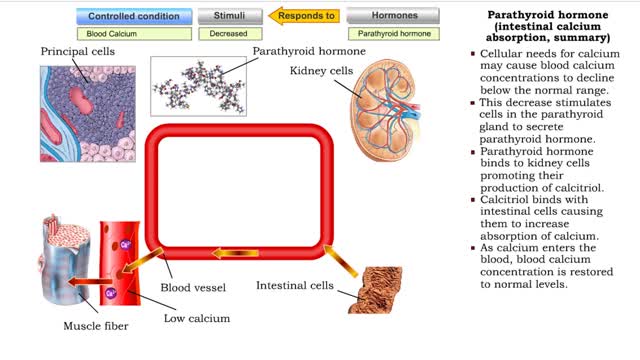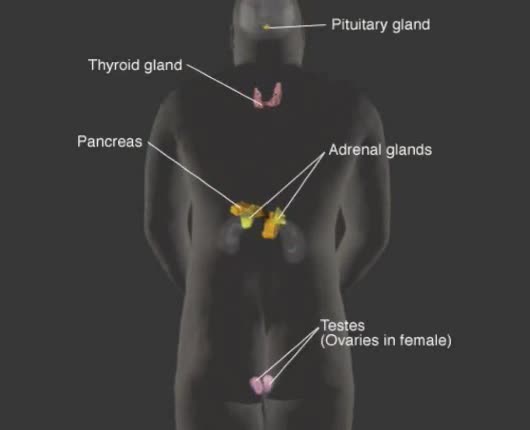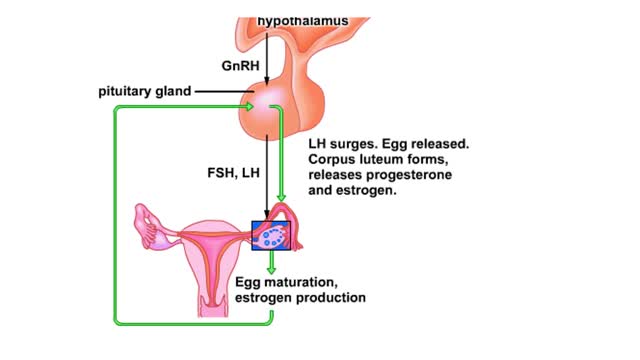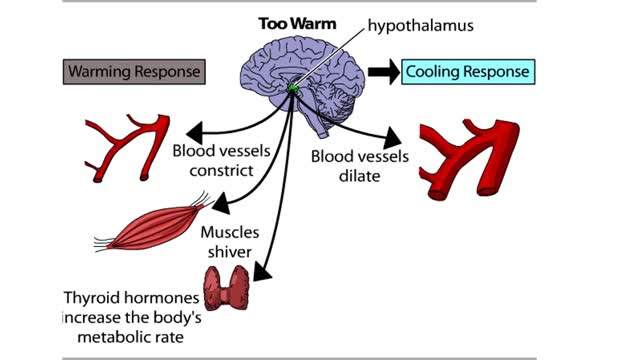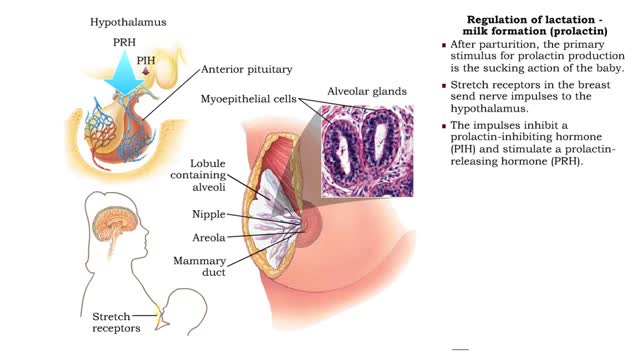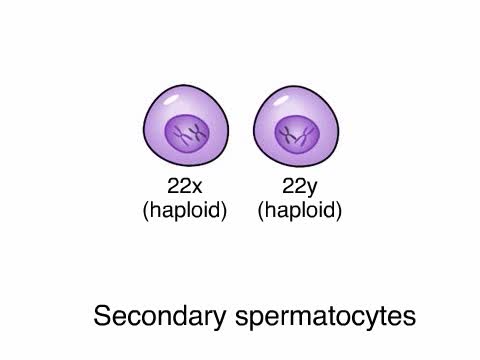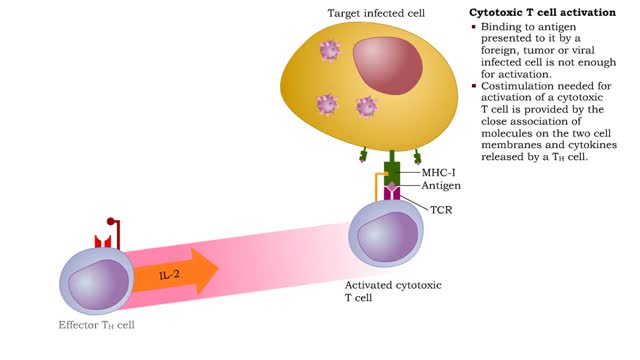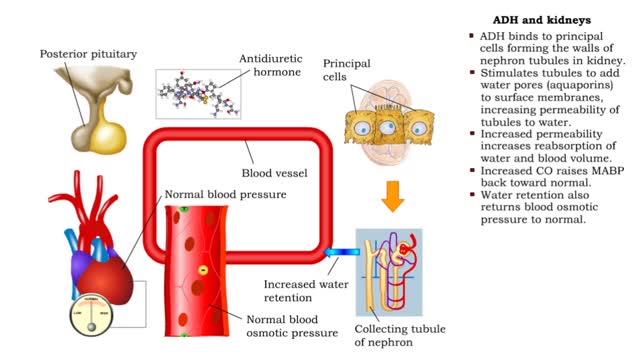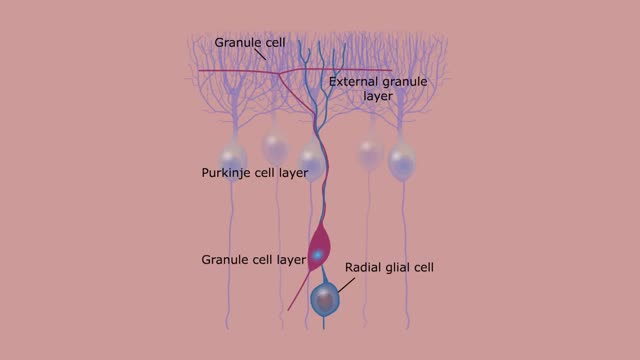Search Results
Results for: 'parathyroid gland'
Parathyroid hormone (bone resorption) & Calcitonin (bone deposition)
By: HWC, Views: 11567
• Cellular needs for calcium may cause blood calcium concentrations to decline below the normal range. • This decrease stimulates cells in the parathyroid gland to secrete parathyroid hormone. • Binding of parathyroid hormone to osteoclasts in bone tissue promotes bone resorption and th...
By: Administrator, Views: 1730
Vital function of endocrine system: Production and regulation of chemical substances called hormones. Hormones Chemical transmitters released in small amounts and transported via bloodstream to a target organ or other cells. Transfer information and instructions from one set of cells to anot...
Hormones and the menstrual cycle Animation
By: HWC, Views: 8718
Feedback loops to the hypothalamus and pituitary gland from the ovaries during the menstrual cycle Animation for a step-by-step explanation. Production of a releasing hormone (GnRH) by the hypothalamus prods the pituitary's anterior lobe to release FSH and LH. In the ovary, FSH and LH stimula...
The Hypothalamus: The Body's Thermostat (Human Thermostat)
By: HWC, Views: 10895
Normal body function requires a relatively constant body temperature, which is regulated by the body's thermostat, a region of the brain called the hypothalamus. The hypothalamus generates a temperature set point for the body and appears to be the major site for the integration of temperature inf...
By: HWC, Views: 12431
Regulation of lactation - breast preparation • Pregnancy hormones trigger breast changes to prepare for feeding the new baby. • The amount of the hormone prolactin, essential to the initiation of lactation, increases steadily throughout pregnancy. • However, high levels of both estroge...
By: Administrator, Views: 684
A man’s reproductive system is specifically designed to produce, store, and transport sperm. Unlike the female genitalia, the male reproductive organs are on both the interior and the exterior of the pelvic cavity. They include: the testes (testicles) the duct system: epididymis and vas def...
Cytotoxic T cell receptors, activation, proliferation, differentiation & action
By: HWC, Views: 11993
• Most cells which have CD8 on their surface become cytotoxic T cells (Tc cells). • CD8 T cells recognize a foreign antigen when it is presented in conjunction with the protein, MHC-I. • Nearly all nucleated cells in the body express MHC-I molecules. • T cells that recognize self-pe...
ADH and the arterioles, kidneys, sweat glands and the Atrial natriuretic peptide (ANP)
By: HWC, Views: 11794
• ADH is also known as vasopressin. • Produced by hypothalmus and secreted by neurosecretory cells in posterior pituitary gland. • Responds to high blood osmotic pressure representing low amounts of water in the blood. • Binds to smooth muscle cells in walls of arterioles, stimulate...
Cavernous Sinus Larynx Middle Ear Orbit: Granulesm Animation
By: HWC, Views: 10990
The cavernous sinuses are located within the middle cranial fossa, on either side of the sella turcica of the sphenoid bone (which contains the pituitary gland). The cavernous sinuses, a rich plexuses of veins that surround the internal carotid arteries, lie lateral to the pituitary fossa. Ant...
Advertisement



